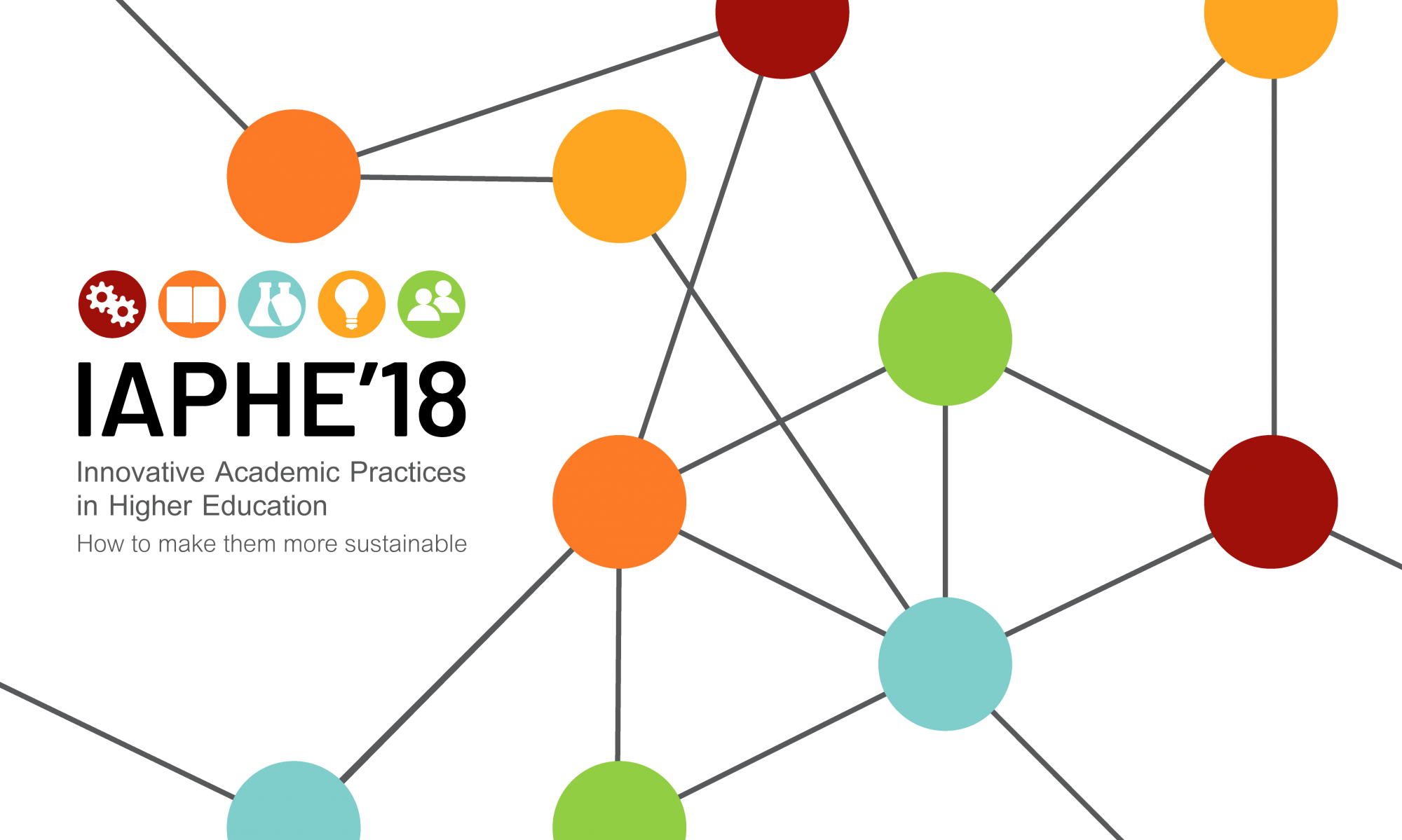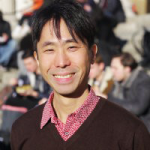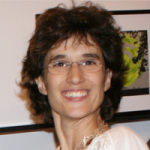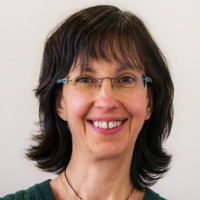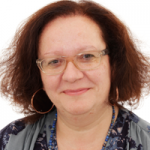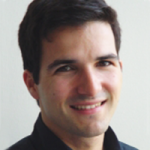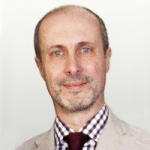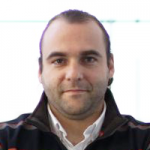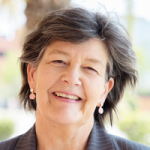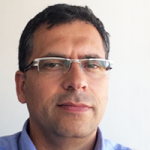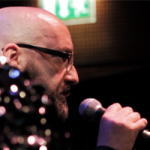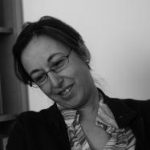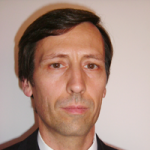Welcome to IAPHE’2018
The CIDTFF (Research Centre Didactics and Technology in the Education of Trainers), of the Universidade de Aveiro (UA), Portugal, is organizing an International Seminar (IS) entitled “Innovative academic practices in higher education: How to make them more sustainable”, which will take place at Auditório Mestre Hélder Castanheira on the 27th September 2018.
Context
In the context of higher education (HE) modernization, many actors (e.g., educational researchers, teachers) have been working on behalf of innovation in teaching, learning and assessment (TLA), namely in Sciences and Engineering courses, to foster students’ academic achievement (Guerra & Costa, 2017; Gunn & Mintrom, 2016; Fung, 2017). Educational innovation that is here under consideration relates to the introduction of an idea, resource, process, and/or strategy with the aim of improving a certain practice (Stirman et al., 2012). International studies (Barnett, 1997, 2015; Bryan & Clegg, 2006; Getz, Siegfried, & Anderson, 1997; Hoidn & Kärkkäinen, 2014; Santa, 2011) keep on demonstrating that, besides the impact of such educational innovations on students’ learning, they also contribute for teachers’ academic development.
Building closer links between research and teaching has become an important way to enhance the quality of HE across the world (Tong, Standen, & Sotiriou, 2018). In Portugal, researchers and teachers from several higher education institutions (HEI) have been obtaining funds to develop educational innovations, namely in courses in the area of Exact Sciences (e.g., Physics), Natural Sciences (e.g., Biology) and, more expressively, Engineering. The innovations that have been developed so far refer mostly to the development of TLA strategies and/or technology-based educational resources, such as remote virtual labs (Guerra & Costa, 2017). The sustainability of research (and educational innovations) depend of several factors, such as: the availability of funding grants for research on educational innovation in HE; the support provided by host institutions to develop such innovations; the characteristics and work dynamics of the elements in the research teams (Guerra & Costa, 2016). It is noteworthy that, and according to a study by Guerra and Costa (2017), many of the innovations that are produced in the frame of funded national projects do not always have the expected sustainability due, in particular, to the lack of financial support to keep sustaining and updating such innovations.
Agencies that finance research (European Research Council, 2015) and international authors (Haigh, 2012; Sarriot, Ricca, Yourkavitch, & Ryan, 2008; Savaya, Elsworth, & Rogers, 2009) have stressed the need to define strategies in order to maximize the sustainability of results from funded research after the project ends. One possibility is to invest in strategies to mobilize the scientific knowledge that is produced in the context of funded research (European Research Council, 2015). International authors in the field of educational research (Bennet et al., 2007; Levin, 2011) and, more recently, national authors (Guerra, Tavares, & Araújo e Sá, 2017) make the same recommendation.
Three key-ideas emerge from the aforementioned: the educational innovations that are developed in the context of HE, particularly the ones that are produced with funded research, may (and should) contribute to the transformation and improvement of the academic practices of the elements involved (e.g., teachers and students); the sustainability of educational innovations relies on the continuity of the projects’ financing, on the support provided by the host institution, and on the work dynamics of the elements in the research team; the scientific knowledge that is built in the context of a research project may (and should) be disseminated and mobilized in (different ways in) the community (e.g., academic, scientific, political, society in general), to ground the design of formation and research policies. [more]
Aims
The social appreciation of the scientific knowledge that is produced by research may contribute to ground and direct the design of those policies, in particular the ones concerning the development and sustainability of educational innovations in HE. Hence, the organization of an International Seminar (IS), entitled “Innovative academic practices in higher education: How to make them more sustainable?”, aims to contribute to the need to reflect, disseminate and look for ways to improve the sustainability of the results from research focused on educational innovation in HE.
The aims of the IS are:
a) to reflect on the sustainability of educational innovations in Higher Education, in particular of those that are developed during the context of funded national projects in Portuguese Public Higher Education Institutions;
b) to disseminate educational innovations in Higher Education, in particular in the areas of social sciences/education, natural and exact sciences, and engineering;
c) to discuss possibilities to enhance the collaboration between teachers and researchers who are interested in Innovations in Higher Education (e.g., establishment of an international academic network of reflection & action in educational innovations in HEI).
Target Audience
This is targeted at researchers in Education, university teachers, and decision-makers in the fields of education and research & development projects.
The IAPHE’18 is a bilingual seminar, with Portuguese and English speakers and participants.
Organizing Committee
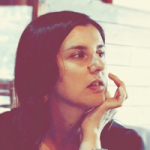 |
Cecília Guerra Postdoctoral researcher CIDTFF – University of Aveiro |
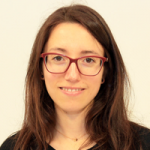 |
Amanda Franco Postdoctoral researcher CIDTFF – University of Aveiro |
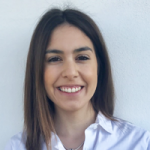 |
Mónica Seabra PhD student CIDTFF – University of Aveiro |
Scientific Committee
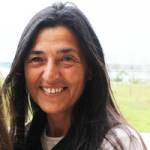 |
Maria Helena de Araújo e Sá Associate Professor with Aggregation CIDTFF Coordinator DEP/CIDTFF – University of Aveiro |
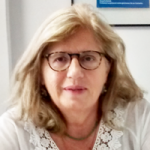 |
Nilza Costa Full Professor DEP/CIDTFF – University of Aveiro |
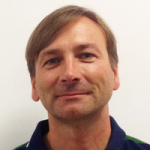 |
Rui Marques Vieira Assistant Professor with Aggregation DEP/CIDTFF – University of Aveiro |
